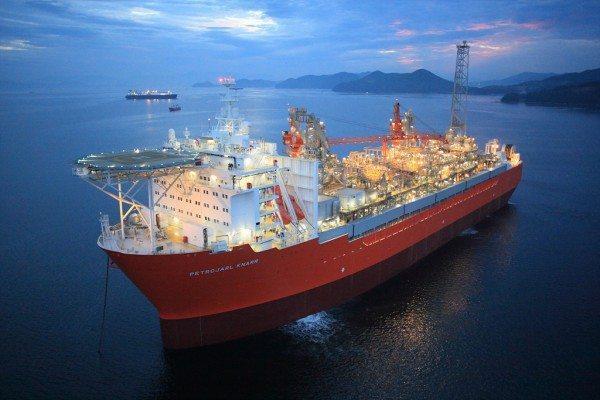
An environmental group is claiming Equinor will pay millions of pounds less in tax if the North Sea Rosebank field gets the go ahead.
Uplift says approval of the project will result in the Norwegian energy giant contributing up to £824 million less to the Treasury due to the investment relief included as part of the energy profits levy.
That would deliver a “massive hit” to the UK Government’s efforts to help hard up households deal with rising energy bills and the wider cost-of-living crisis, the group claimed.
It also accused Westminster of handing cash to “one of the richest petro states in the world”, with the Norwegian Government holding a majority stake in the Oslo-listed firm (OSLO:EQNR).
Tessa Khan, director of Uplift, said: “This government is effectively handing over at least half a billion to the Norwegian government, which has a sovereign wealth fund worth trillions, while the UK faces a prolonged recession and millions of British families are being pushed into poverty from soaring energy bills.
“Rosebank will mean a massive transfer of wealth from the British people to one of the richest petro states in the world.
“Approving Rosebank would be a total betrayal of both the government’s climate goals and the British public who face a severe recession while oil and gas companies make outrageous profits.”
Equinor has been contacted for comment.
Energy profits levy
UK Government announced a windfall tax on oil and gas producers earlier this year in order to raise funds to deliver support for families struggling with the rise in energy bills.
It is thought the decision to up the headline rate of tax on companies by 25%, taking it to 65% in total, could raise around £5 billion.
As a carrot for industry, it also increased the rate of investment relief, meaning companies can lower their bills by spending on North Sea oil and gas projects.
The ball is rolling
Fresh from posting H1 pre-tax profits just shy of $37 billion last month, Equinor lodged an environmental statement for Rosebank.
Approval from the Offshore Petroleum Regulator for Environment and Decommissioning (OPRED) is needed before the project can move to the next stage.
Rosebank, around 80 miles north-west of Shetland, is among the UK’s largest untapped discoveries, with reserves though to be in excess of 300 million barrels of oil equivalent (mmboe).
If green lit, it is projected to deliver up to 1,600 direct, full-time equivalent (FTE) jobs.
Equinor also expects to invest more than £8 billion across the life of the project, the line share of which will be spent in the UK.
Ross Dornan, trade body Offshore Energies UK’s energy market intelligence manager, said: “Rosebank is an exciting development that could set new standards for the UK offshore industry in terms of reducing greenhouse gas emissions. The electrification of oil and gas production is a vital step in meeting the industry’s commitment to cutting emissions by 50% by 2030.”
Deirdre Michie, OEUK’s chief executive, said: “The development of Rosebank will benefit UK energy security and the whole Scottish economy.
“In human terms it will generate many hundreds of jobs, support training and boost the development of the regional supply chain. The people employed in this project will also develop engineering and other skills essential for the expansion of offshore wind and other low-carbon energies.”
Recommended for you


 © Supplied by Uplift
© Supplied by Uplift
